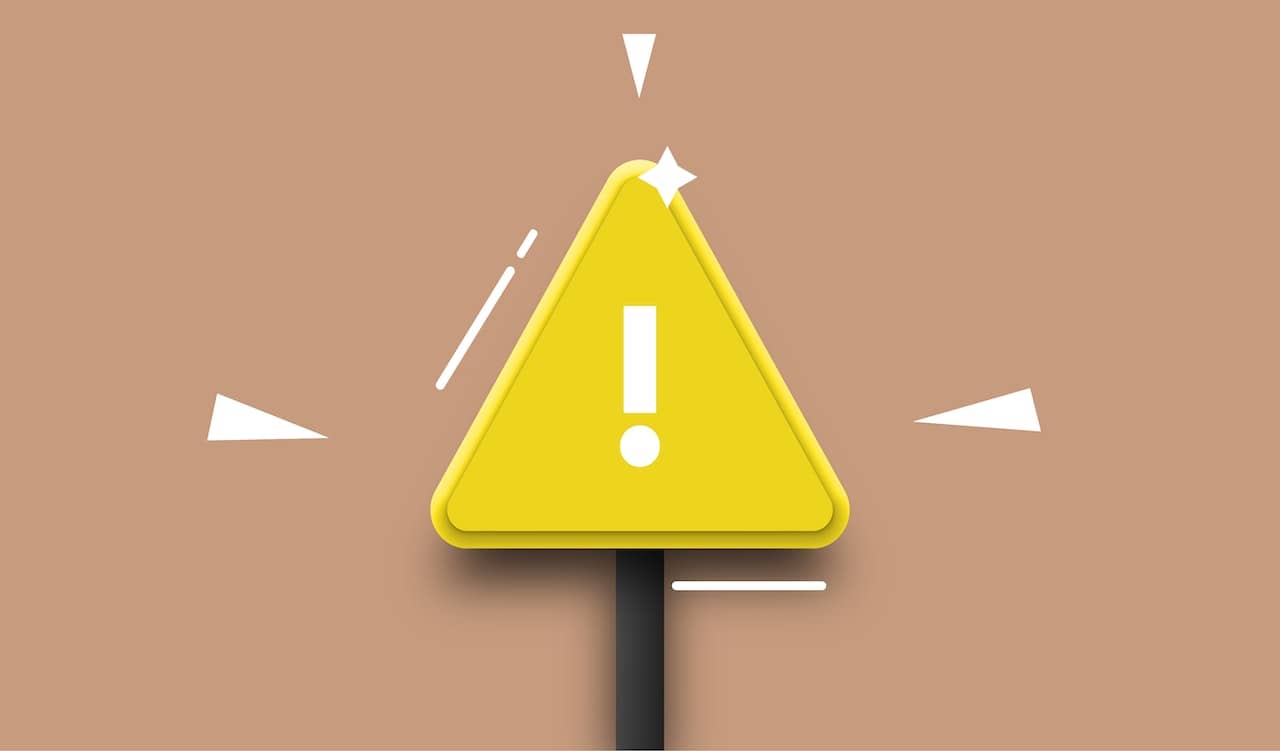In the fast-paced, modern workplace of the United Kingdom, where employees spend a significant portion of their lives, it’s essential to recognise and address the various factors that can impact their mental and emotional well-being. Among these factors, psychosocial hazards stand out as significant contributors to workplace stress, mental health issues, and reduced productivity. In this article, we will delve into what psychosocial hazards in the workplace are, explore some common examples, and discuss strategies for managing them effectively. We will also highlight the best steps to start an accident at work claim.
Defining Psychosocial Hazards
Psychosocial hazards encompass a wide range of workplace conditions, practices, and situations that have the potential to harm employees’ psychological and social well-being. These hazards arise from the interaction between the work environment, the nature of the work, and individual characteristics. They can affect employees’ mental health, job satisfaction, and overall quality of life, ultimately impacting an organisation’s productivity and reputation.
The Role of Work-Related Stress
One of the most prevalent psychosocial hazards in the UK workplace is work-related stress. It can result from various factors, such as excessive workload, tight deadlines, job insecurity, or a lack of control over one’s work. When employees experience prolonged and unmanaged stress, it can lead to serious health problems, including anxiety, depression, and even physical ailments like hypertension or heart disease.
Workplace Bullying and Harassment
Another significant psychosocial hazard is workplace bullying and harassment. These toxic behaviours can manifest in various forms, such as verbal abuse, exclusion, intimidation, or cyberbullying. In the UK, organisations have a legal obligation to prevent and address workplace bullying and harassment under the Equality Act 2010. Failure to do so can result in serious consequences for both the victim and the organisation.
Work-Life Imbalance
Achieving a healthy work-life balance can be challenging, especially in a culture that often glorifies overworking. When employees are unable to balance their professional and personal lives, it can lead to burnout, strained relationships, and decreased job satisfaction.
Managing Psychosocial Hazards in the Workplace
To create a healthy and productive work environment in the UK, organisations must take proactive steps to identify and manage psychosocial hazards. Addressing these hazards not only promotes employee well-being but also contributes to a more positive workplace culture and increased productivity.
Conducting Psychosocial Risk Assessments
An essential first step in managing psychosocial hazards is conducting psychosocial risk assessments. These assessments involve identifying potential hazards within the workplace and evaluating their impact on employees’ mental and emotional health. Organisations in the UK can use tools and guidelines provided by agencies like the Health and Safety Executive (HSE) to carry out these assessments effectively.
Implementing Policies and Procedures
Once psychosocial hazards are identified, organisations should develop and implement policies and procedures to address them. These policies should clearly outline the organisation’s stance on workplace bullying, stress management, and work-life balance, among other relevant issues. It’s crucial to communicate these policies to all employees and ensure they are aware of the available support mechanisms.
Promoting a Supportive Work Environment
Creating a supportive work environment is instrumental in managing psychosocial hazards. This includes fostering open communication channels, providing access to counselling and mental health resources, and promoting a culture of respect and inclusion. In the UK, many organisations have employee assistance programs (EAPs) that offer confidential counselling and support to employees facing mental health challenges.
Training and Awareness
Raising awareness about psychosocial hazards and providing training to employees and managers is vital. Training programs can help individuals recognize and respond to signs of stress, bullying, or harassment. In addition, managers should be trained to lead by example, promote work-life balance, and intervene when necessary to address psychosocial issues within their teams.
Encouraging Work-Life Balance
Promoting work-life balance is essential for reducing psychosocial hazards. Organisations can encourage employees to take regular breaks, use their holiday entitlement, and disconnect from work outside of office hours. Flexible working arrangements, such as remote work options or compressed workweeks, can also support employees in achieving a healthier balance between their professional and personal lives.
Monitoring and Evaluation
To ensure the effectiveness of psychosocial hazard management efforts, organisations should regularly monitor and evaluate their initiatives. This involves seeking feedback from employees, reviewing incident reports, and assessing the impact of policies and procedures. By continuously improving their approach, organisations can create a safer and more supportive workplace.
Making an Accident at Work Claim with National Claims
At National Claims, we understand the importance of addressing workplace accidents and injuries caused by psychosocial hazards. Our mission is to assist individuals across the United Kingdom in seeking compensation and justice for workplace incidents that have affected their physical or mental well-being. In this section, we will guide you through the claims process of making an accident at work claim with National Claims, ensuring that you receive the support and compensation you deserve.
Understanding Your Rights
Before proceeding with an accident at work claim, it’s crucial to understand your rights as an employee in the UK. Employers have a legal duty to provide a safe and healthy work environment, which includes addressing psychosocial hazards. If you have suffered harm due to psychosocial hazards in the workplace, you may be eligible to file a compensation claim.
Gathering Evidence
To build a strong case for your accident at work claim, it’s essential to gather evidence that demonstrates the presence of psychosocial hazards and their impact on your well-being. This evidence may include medical records, incident reports, witness statements, and any documentation related to workplace policies and procedures.
Consultation
At National Claims, we have a team of experienced claims specialists who specialise in workplace accident claims, including those related to psychosocial hazards. We offer a free initial consultation to assess the merits of your case and provide guidance on the best course of action.
Establishing Liability
To succeed in your accident at work claim, it’s essential to establish liability on the part of your employer. This involves demonstrating that your employer failed to take reasonable steps to prevent or mitigate psychosocial hazards in the workplace, leading to your injury or harm.
Calculating Compensation
Compensation for workplace injuries caused by psychosocial hazards can cover various aspects, including medical expenses, loss of income, pain and suffering, and psychological distress. Our legal experts at National Claims will work diligently to ensure that you receive fair and just compensation for your specific circumstances.
No Win, No Fee
National Claims operates on a “No Win, No Fee” basis, which means that you won’t incur any legal fees unless your claim is successful. This approach ensures that everyone has access to legal representation, regardless of their financial circumstances.

Conclusion
In the United Kingdom, addressing psychosocial hazards in the workplace is essential to safeguarding the well-being of employees. These hazards, including work-related stress, workplace bullying, and work-life imbalance, can have a significant impact on individuals’ lives. However, the law provides protection and avenues for seeking compensation when harm occurs.
At National Claims, we are committed to helping individuals who have suffered injuries or harm due to psychosocial hazards in the workplace. We believe that everyone deserves justice, and we will tirelessly advocate for your rights and interests. If you’ve been affected by a workplace incident related to psychosocial hazards, don’t hesitate to contact National Claims for a free consultation. Our experienced team is here to guide you through the process of making an accident at work claim and securing the compensation you deserve.
Remember, your well-being matters, and taking action against psychosocial hazards is a step towards creating safer and healthier workplaces across the UK.
Contact us today to start your claim and to find out more about National Claims.
Click below to see why we are one of the most trusted claims management companies in the UK.

We’re proud of our excellent customer reviews
We thrive on delivering exceptional service and ensuring our clients’ satisfaction. Don’t just take our word for it. Check out some of our independent reviews to see what our clients have to say.
Excellent

This firm is excellent, they sorted out my car pay out and injury claim very fast, they always communicate with you all the time.

My accident case was dealt with confidence and with great result of the outcome, especially James kept me informed all the time.

I was very impressed at the way my inquiry was treated. I was listened to attentively and everything I needed to know was explained to me.






